T4K3.news
Cancer survival progress stalls after decades of gains
A review shows overall survival is improving but progress is uneven and waiting times remain a concern as researchers call for stronger early detection and targeted funding.
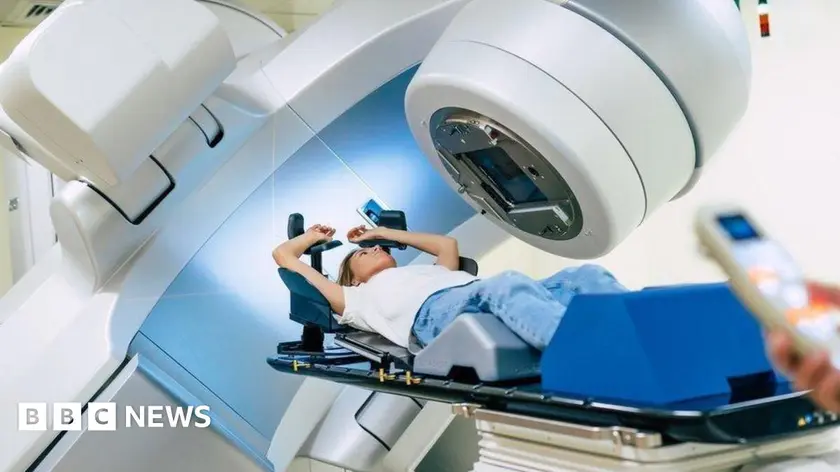
A new review shows survival has improved overall but progress is uneven and funding policy is under scrutiny.
Cancer survival progress stalls after decades of gains
A new analysis shows half of people with cancer survive, but gains are not uniform across cancer types. The study notes that overall survival has improved over decades, yet the pace slowed in the 2010s as longer waits for diagnosis and treatment likely hindered advances. Personal stories underline the impact, including Matt Black whose sister died of pancreatic cancer in 2019 and whose own bowel cancer was treated successfully after symptoms appeared.
Cancer researchers call for faster diagnosis, early detection, and more investment in research that targets the deadliest cancers. They welcome improvements in care but warn that progress could stall if waiting times stay high and funding remains uneven. A government response emphasizes that cancer care remains a priority and points to the national cancer plan as a path to boost survival rates and reduce variation between cancer types.
Key Takeaways
"NHS staff do an amazing job, but it's such a difficult time to be a cancer patient"
Matt Black on patient experience
"Progress is slowing and for some cancers it never got going in the first place"
Michelle Mitchell on overall progress
"Thanks to research, most patients today are far more likely to survive cancer than at any other point in the past"
Mitchell on progress due to research
"The national cancer plan will set out how we will improve survival rates further"
Health department spokesperson
The data show a stubborn divide between cancers that respond well to early treatment and those that do not. Advances in surgery, chemotherapy, and targeted therapies have lifted survival for many patients, but gaps persist for cancers diagnosed late or that biology makes hard to treat. System pressures and delays in the health service appear to have cooled some of the gains made in earlier years.
Policy implications hinge on three levers: cutting waiting times, expanding early detection, and boosting research funding for the most deadly cancers. If the plan translates into faster care and steady funding, the momentum could resume. If not, the gains could fade and public trust in medical progress may waver.
Highlights
- NHS staff do an amazing job, but it is such a difficult time to be a cancer patient
- Progress is slowing and for some cancers it never got going in the first place
- Thanks to research most patients today are far more likely to survive cancer than at any other point in the past
- The national cancer plan will set out how we will improve survival rates further
Public budget and political risk for cancer strategy
The piece raises questions about government funding, waiting times, and the effectiveness of the national cancer plan, which could trigger public debate and policy backlash.
The coming years will test how quickly policy translates into real hope for patients.
Enjoyed this? Let your friends know!
Related News
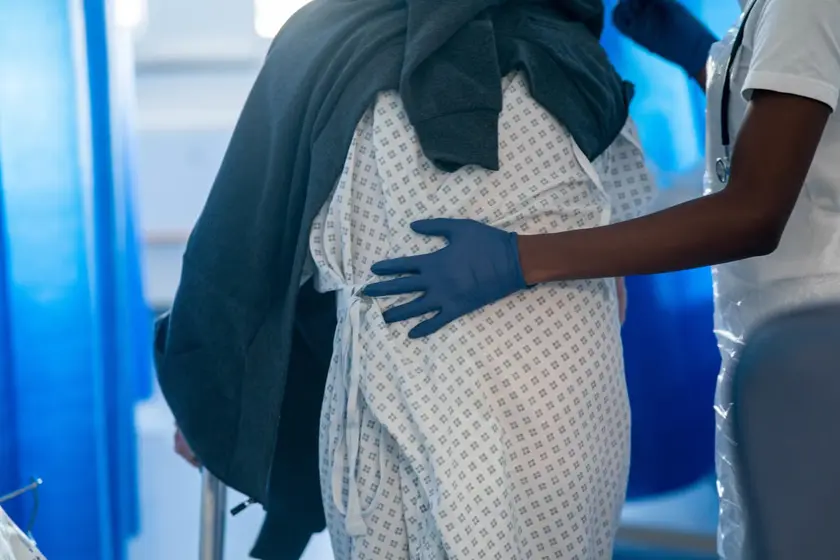
Cancer survival progress slows in UK

Cancer survival improves as delays threaten progress
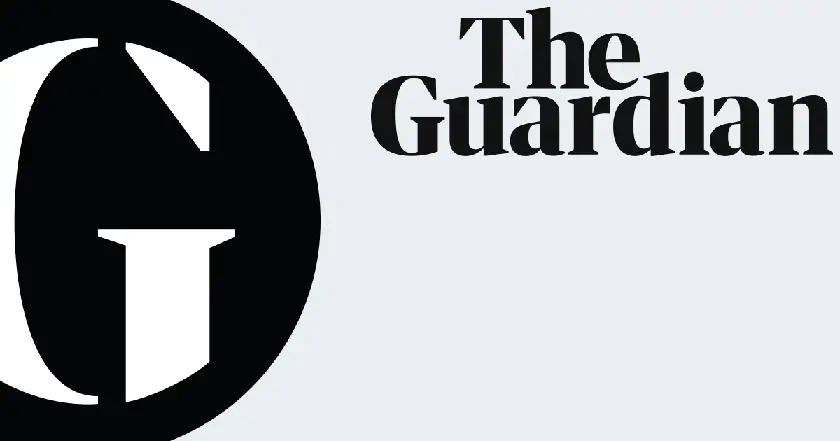
Betsy Lewis, 75, celebrates life after stopping cancer treatment
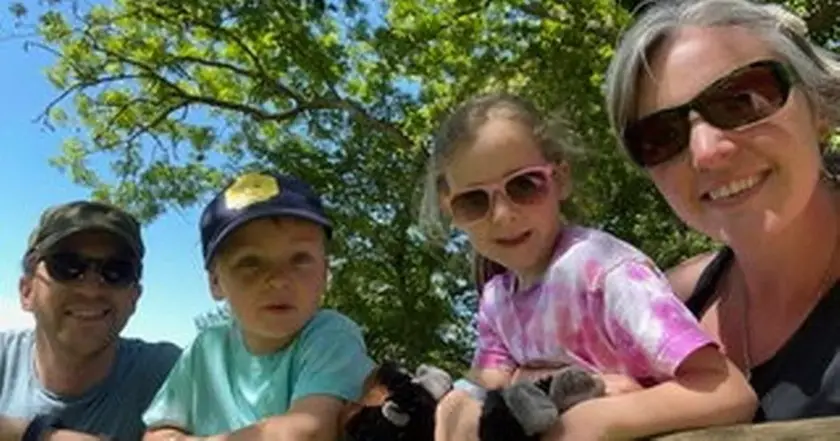
Hope grows after stage four cancer treatment
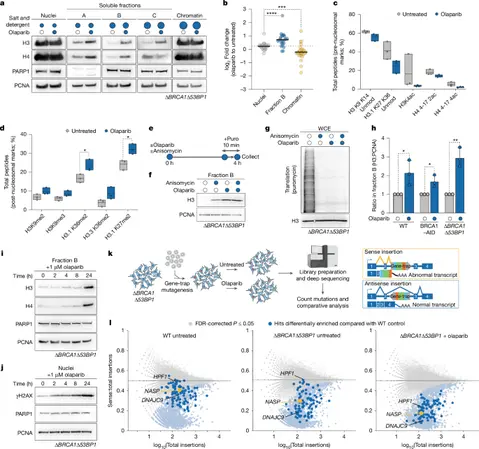
NASP histone turnover ties PARPi resistance
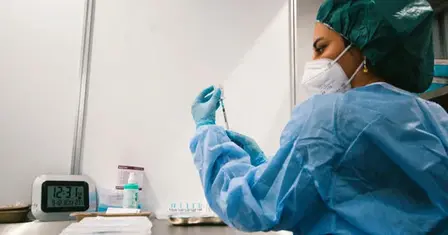
mRNA research funding under fire
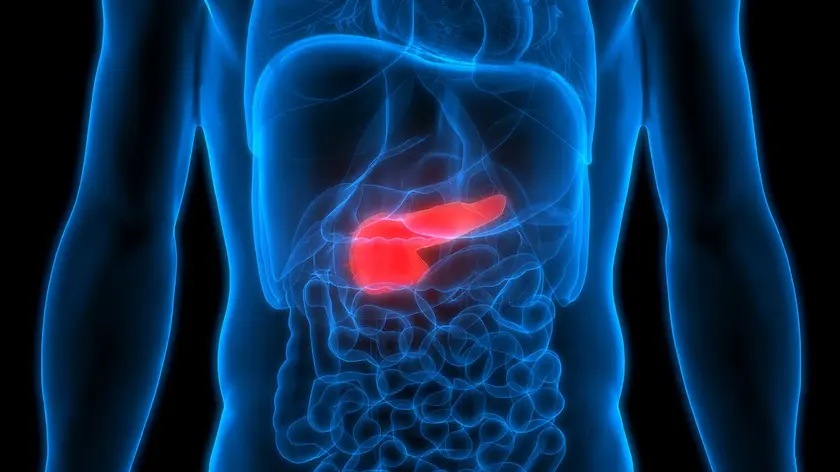
Pancreatic cancer risk linked to heavy drinking
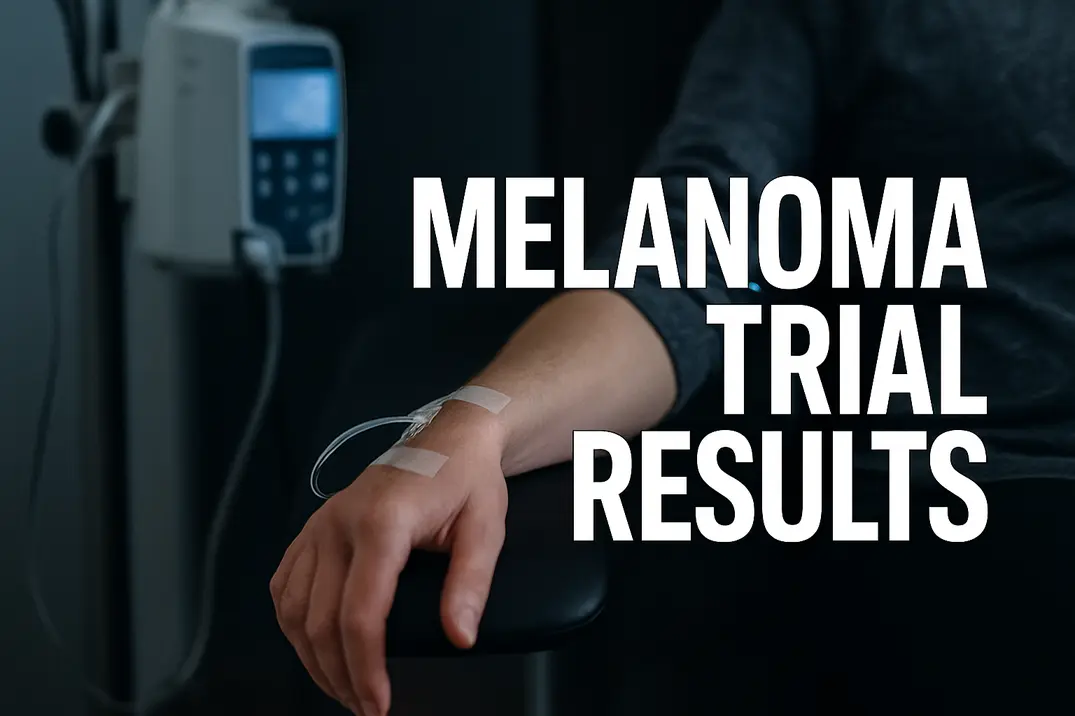
IO Biotech melanoma trial signals strong PFS but misses primary significance
